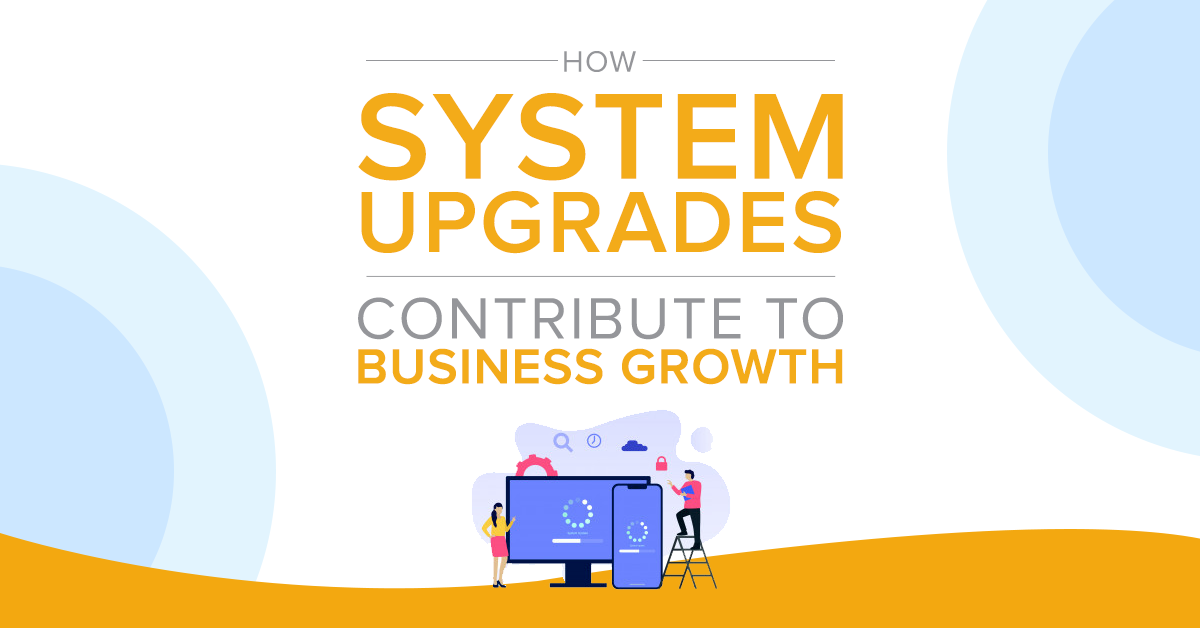Distributed Teams Are Fun, But They Have Their Challenges. And These Are.
August 4, 2021 11:26 am | by Harish Ramchandani | Posted in Business Management
Companies hailing from the Information and Technology industry were not new to the idea of remote working. They started hiring resources from all over the world due to cost-saving and better work quality before the pandemic, all thanks to globalization and the internet boom.
As a project coordinator and technical business analyst for one of the offshore clients at Sarvika Technologies, I have seen and experienced all the pros and cons of working with a truly distributed team. I have worked and managed a distributed team, where developers, quality analysts, product owners, etc., are residing at different geographical locations.
Despite all the benefits of distributed teams, there are often many challenges that members come across when they are neck-deep in the water. Let’s discuss each challenge in detail.
- Access is glitchy and messy. One cannot stress enough how crucial cybersecurity is for software development. Accessing the infrastructure situated at the head office remotely is cumbersome. Teams encounter system compatibility issues during installation. Remote management of codes, databases, etc., is not easy. Maintenance and management by IT support are challenging if there is no smooth availability of the internet. Also, there exist inherent cybersecurity issues that can lead to massive financial losses.
- Lack of social cohesion. Recently I came across news about a Fortune 500 company where its employees were pushing against the former’s decision to hybrid working approach. The company, supporting its decision, stated that innovation and magic happen when people sit together and work. I could not help but agree. In-person interaction between team members not only eliminates ambiguity but also encourages them to discuss ideas, which in some cases become success stories. Also, non-ambiguity in communication saves a lot of time and effort spent on back-and-forth.
- TCO goes up. Total Cost of Ownership (TCO) is the sum of the purchase price of an asset and costs of operation. Any reduction in operating expenses due to rent-saving, electricity and hydro, etc., got equaled by online meeting tool licenses, remote software licenses, cloud infrastructure costs, etc. More reliable and popular such tools and technologies, higher are the per-user charges.
- Time zone problems. The advantage of distributed teams in some cases turns into a disadvantage. Taking into consideration the convenience and availability of members based on their time zones impacts the communication. It is more problematic in situations that require immediate attention and action.
- Data leaks. No matter advancement in technology, customer data is always prone to attacks due to online sharing, remote access, and whatnot. Financial and legal consequences resulting from such situations can send companies out of business.
- Network issues. There are still areas where an internet connection and other network facilities are fudged up! Collaboration and creation are not possible without a stable internet connection. Any member situated in such areas will always find it difficult to ensure timely delivery of work.
These are some issues that I have come across while working with distributed teams. However, such trials cannot be averted or be planned by any technology. Given the pandemic and the increasing number of businesses adopting permanent WFH or hybrid-working models, the present and the future are about remote collaboration. After all, countless path-breaking innovations have been possible due to forces joined by brilliant minds from extreme ends of the world.
Have you encountered similar problems while functioning with distributed teams? Do you think the pros of distributed teams outweigh all challenges? Share your thoughts with us here.
Written by Harish Ramchandani
Harish is a Senior Technical Analyst at Sarvika Technologies, who helps in bridging the gap between our clients and the team through his decade-long experience in technical requirement gathering, project management and coordination. He’s a Commerce & Information Systems graduate, holds a CCNA certification, and has led CMMI Level-3 implementation. Harish’s work motto is simple, quality is of prime importance even if at times it means stretching certain deliverables. His days off from work are spent listening to music, reading Calvin & Hobbes comic strips and spending quality time with his daughter who undoubtedly is the nucleus of his existence.




